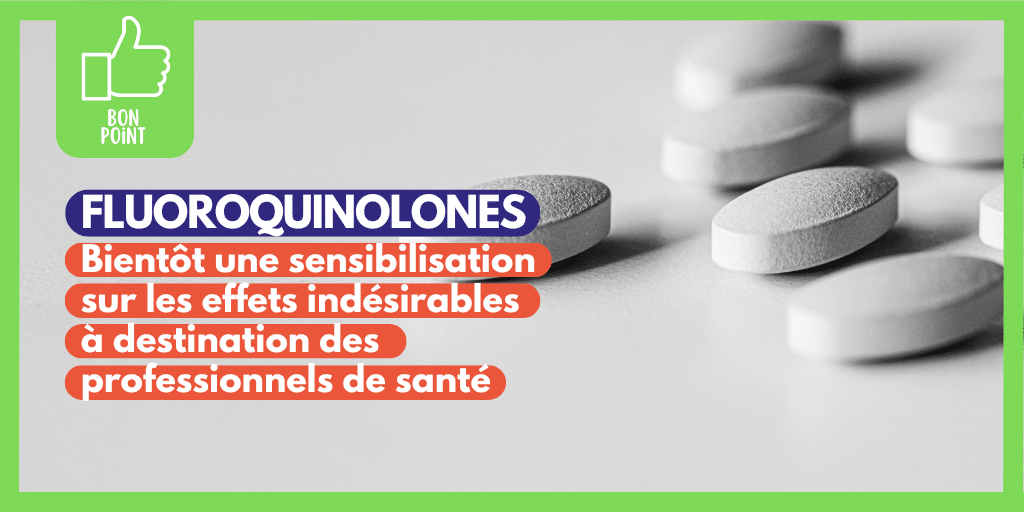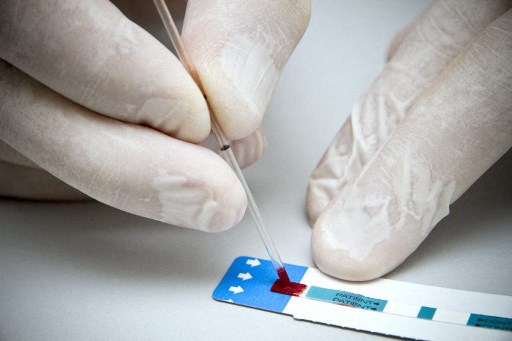
Blindness due to corneal tissue disease affects more than 12 million people worldwide. Although human tissue culture has been practiced for many years and gives good results, the number of donors is very low and transplantation is required within 7 days of death with required storage conditions. There is approximately one cornea available for every 70 patients, and the operation is performed only in the largest hospitals, excluding a significant portion of the world population who does not have access to these conditions of care. Recently, an artificial cornea has been developed but it has not yet received approval from the health authorities and is still very restrictive for the patient.
Great ease of use
At Linköping University in Sweden, Professor Mehrdad Raafat and his team of researchers conducted a pilot study on 20 or nearly blind patients who had keratoconus. The goal: to restore their sight using medical grade collagen from pig skin, already used in other medical devices such as glaucoma surgery: this collagen is called BPCDX (Bioengineered Porcine Building, Double Crosslinking). After sterilization and packaging, the implant can be stored for up to two years in the refrigerator. The operation can be performed with a laser but also manually using simple equipment: after an incision is made in the cornea, the implant is placed and no suturing is required.
The implant, made from pig collagen, looks like a human cornea
encouraging results
This method has significantly improved the vision of all patients: 3 of them to date have a visual acuity of 20/20. The operation was non-invasive and uncomplicated: the tissue healed quickly, and 8 weeks of treatment with immunosuppressive eye drops was enough to prevent rejection, compared to several years of treatment during transplantation from a human donor. After 24 months of follow-up, no complications were found in these 20 patients.
The advantages of human farming are great:
- Availability of the implant, regardless of the human donor
- Preoperative implant life span 2 years (compared to 1 week for human tissue)
- A non-surgical procedure that requires less technical means
- Mild and short treatment after surgery
Other studies are underway to certify the effectiveness of this method.






